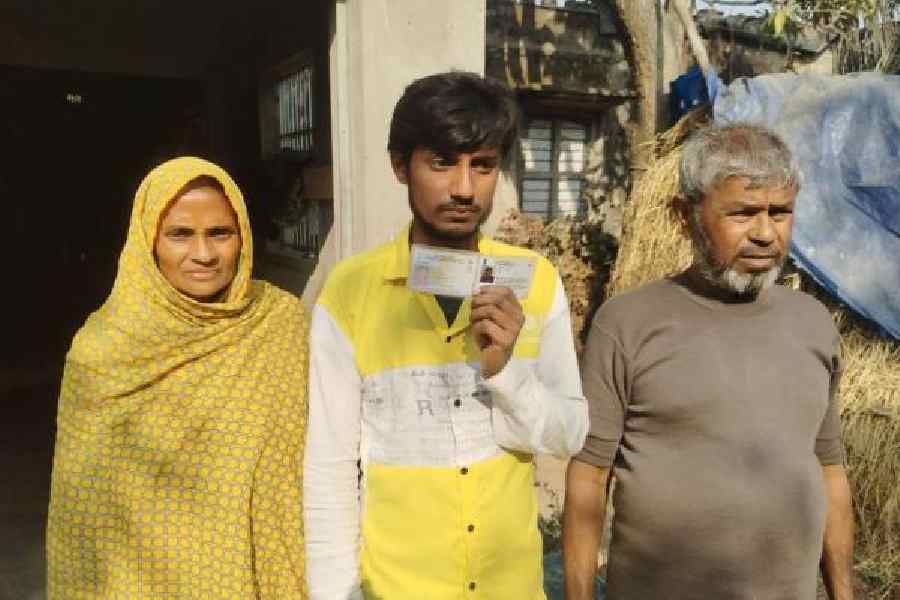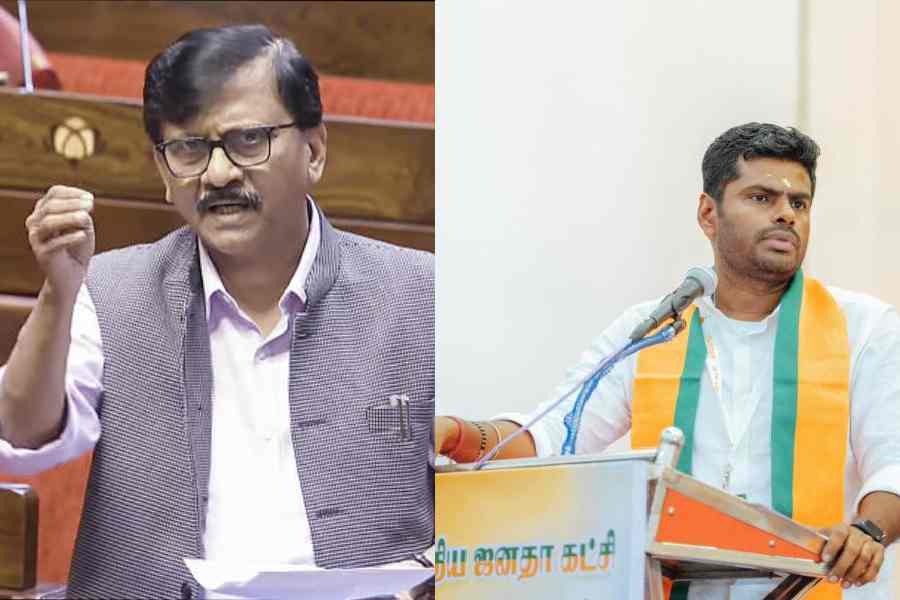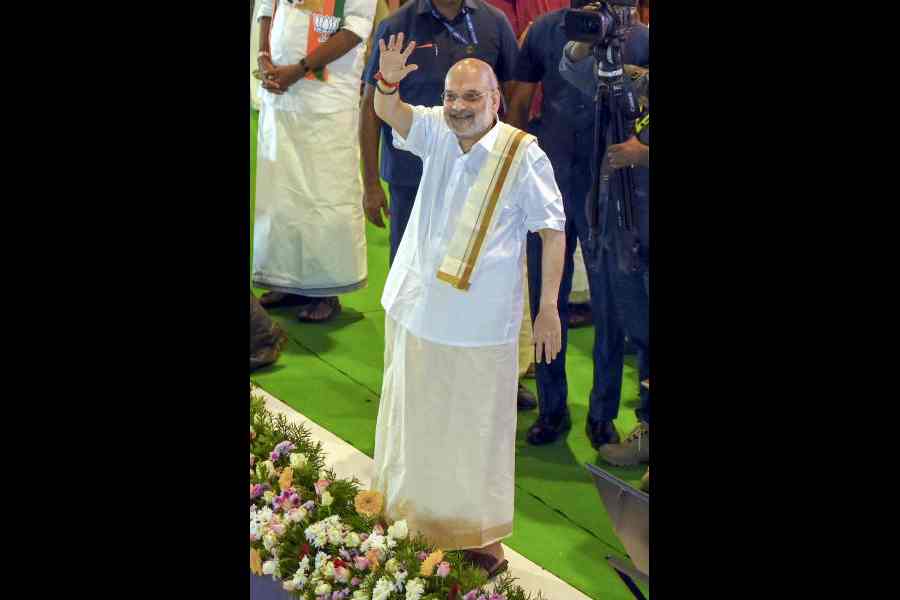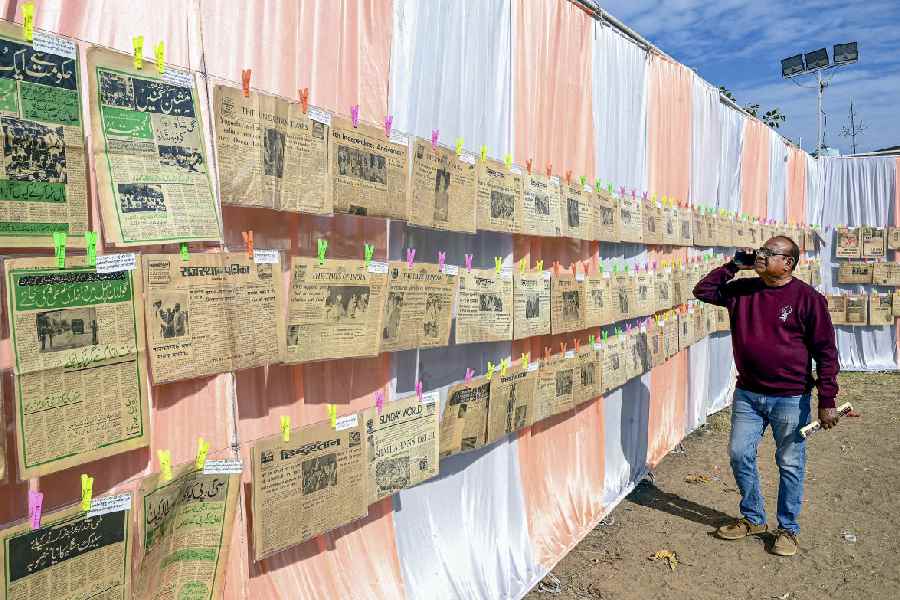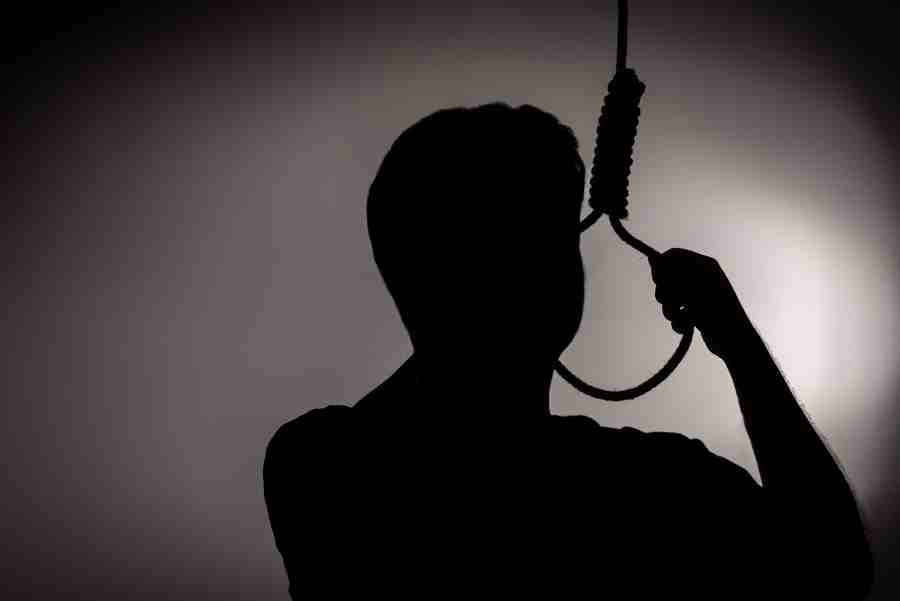Allow me to stand on the sidelines instead of joining in the chorus of applause for the Domestic Violence Bill (DVB). This is not because I object to the provisions of the Bill.
For the first time in India’s legal history, the DVB acknowledges the “invisible violence” that is part and parcel of the lives of many women. By including not just physical abuse but verbal abuse, the withholding of financial rights, and sexual cruelty in the ambit of violence, the DVB acknowledges that violence itself is much more than visible wounds. By extending its ambit not just to wives, but to women in relationships outside marriage, and by acknowledging that all women living under a domestic roof have the right to live without fear, the DVB goes several steps beyond any legislation currently passed in India.
But it horrifies me that we had to wait till 2005 for the legal system to acknowledge the widespread existence of violence at home. Two stories made me think hard about how deeply we internalise the belief that some violence is “okay”.
The first was narrated to me by Anju, who works in our neighbourhood as a cook. She has two daughters and a son, all college graduates. The older daughter is married and is pregnant for the second time. The pregnancy has made her mother-in-law and sister-in-law very happy. Her father-in-law is a “decent” man, but he has a tendency to get violent when he’s drunk. During Anju's daughter's first pregnancy, his pride at being a grandfather-in-waiting meant that he went easy on the alcohol; for nine months, he drank very little, and his wife and daughter were spared beatings. The next nine months will, they hope, be a holiday again. The father-in-law is a “good” man; everyone in his family sees his alcohol-fuelled outbursts as regrettable. But not unacceptable.
Then I met a childhood friend, who had grown up in my middle-class neighbourhood. We had always known there was something slightly off about the family, but no one knew exactly what was wrong. Her brother stammered and had fainting fits; as an adult, he had a nervous breakdown in college and never quite recovered. She was a nervous child; as an adult, her marriage broke up in less than five months, and she needed psychiatric care for three years. It was only after her mother died that she suddenly seemed to put her life back together.
This year, she told me the full story. Her mother had periodic, manic fits of violence; her earliest memories are of being beaten with belts and coathangers. Her father became violent himself when she was a teenager. It was a “family matter”; no one thought to look for help from friends, psychiatrists or social welfare organisations until many years later.
I know that laws alone can’t change a society overnight. Without the backing of the police and the courts, even the DVB is insufficient. But perhaps the passing of these laws might make us think a bit about the fact that all men and all women, have the right to live without fear and without abuse. And I wonder how many people live scarred lives behind the doors the Indian family so carefully locks against the world.


